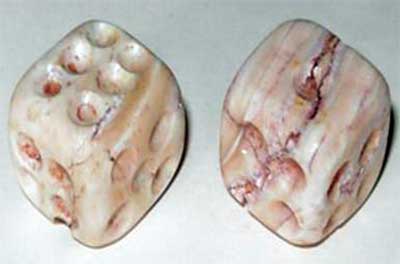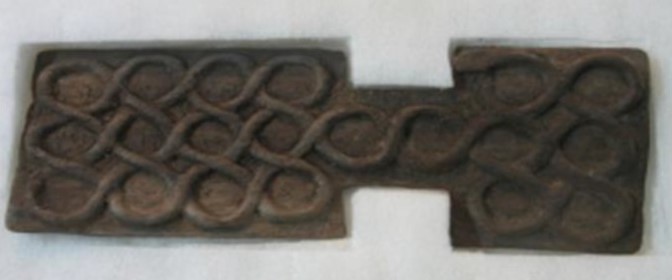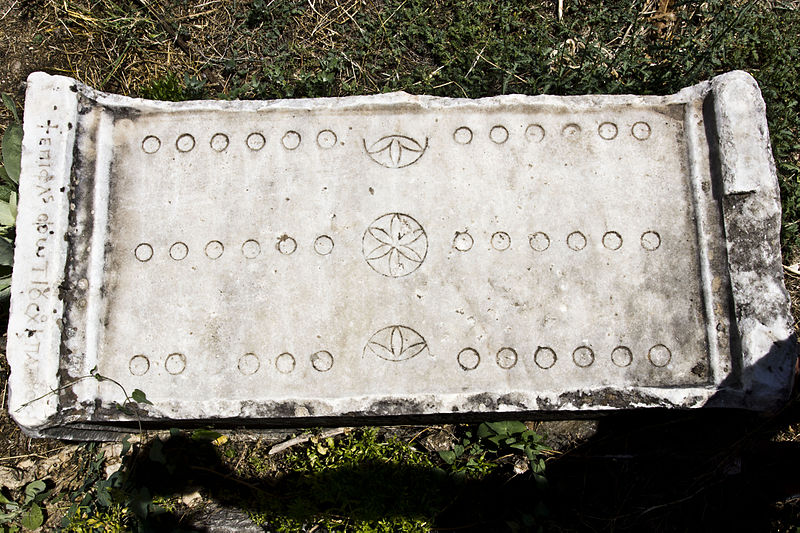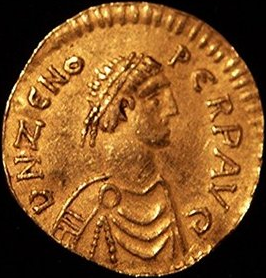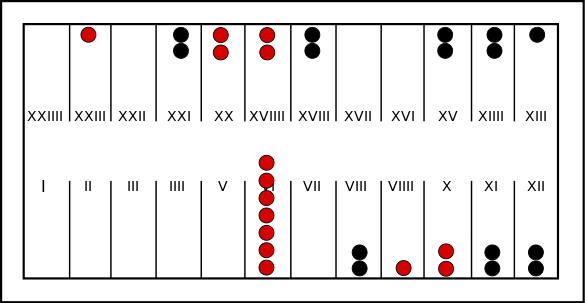History’s First Rage-Post Was Over Bad Dice Rolls in ‘Backgammon’
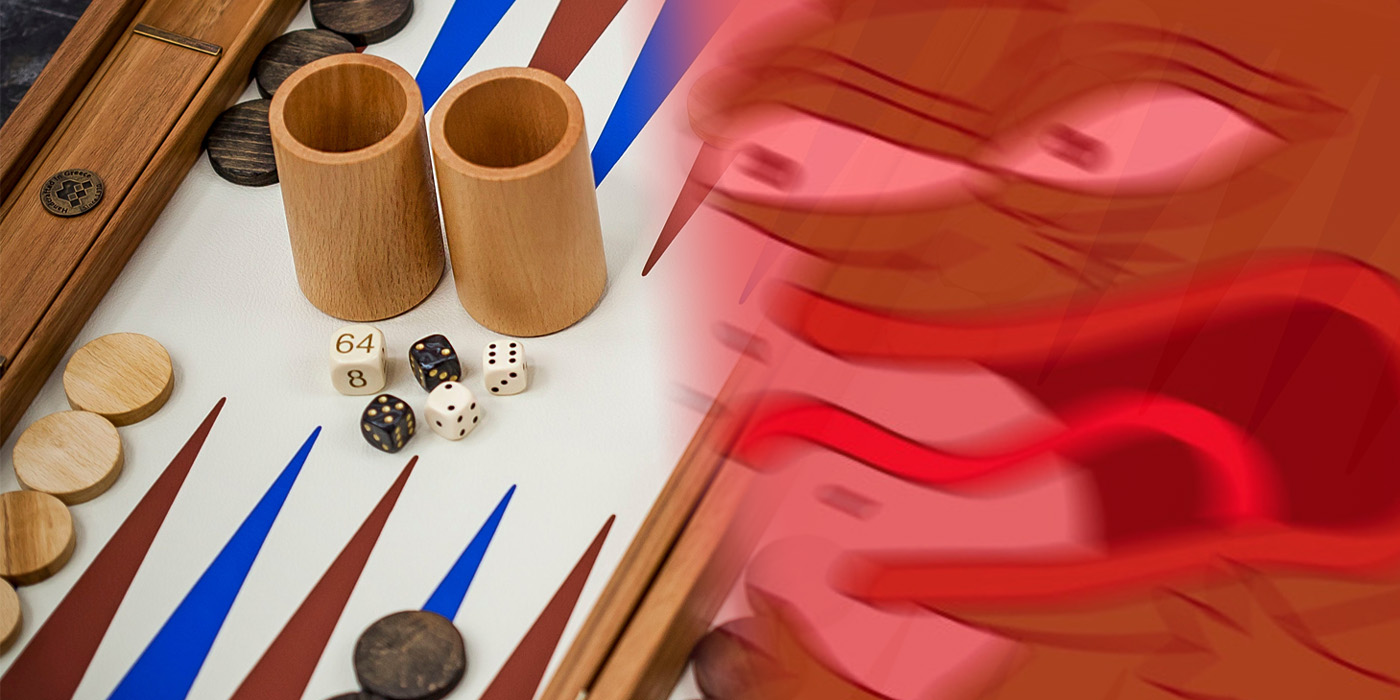
When discussing ancient games, most mention Backgammon. But how similar is the game we know to the version which existed before the Pyramids of Giza?
Welcome once again to our discussion of ancient board games! We’ve covered quite a few of these. Mostly recently, we took a deep dive into everything that makes Chess it is today. Today will be a little different. Looking at a brief history of Backgammon, but also how it started a toxic cultural staple of today.
As always, we begin with…
A Little Bit of History
Backgammon is OLD.
“How old is it?!”
Backgammon is so old that when it visits the museum, it recognizes other games it knows personally.
“Boo!”
That’s fair.
But seriously folks, Backgammon is old. So old, in fact, it predates more things than you might imagine. In the following graph, in green, are several of the ancient board games we’ve covered so far. In orange; a bunch of random ancient world things to give some temporal context.
As you can see, Backgammon is tied for Mehen for the oldest game, only being beaten out by Senet by a mere 300 years or so. Okay, so what’s the deal with Backgammon?
The first Backgammon set found was from around 3000 BC at Shahr-e Sukhteh in Iran, which at the time, was Persia. It was a fairly large Bronze Age city, which died out for unknown reasons around 2100 BC. Spooky!
Backgammon Beginnings. Backginnings.
Mansour Sajjadi, head of the research team that uncovered the set, said the board features an engraved serpent coiling around itself for 20 times, thus producing 20 slots for the game. “The 60 pieces were also unearthed inside a terracotta vessel beside the board. They were made of common stones quarried in the city, including agate and turquoise.”
So, let’s see this board!
Yup. This is the first Backgammon board. What gives? This doesn’t look anything like the Backgammon we know today. Well, things change, buddy! Get used to it! Also, did I say 60 pieces? Good catch. That’s a long game. So ancient Backgammon doesn’t really resemble anything we know today. Whoops.
This looks very similar to Royal Game of Ur or Senet. But the addition of dice make it the more technical precursor to Backgammon. There is still the same elements of having to run your pieces off the board and crossing through a common area in the middle. In all likelihood, all three of these games melded together into the Backgammon we know today. But how??
What? Backgammon is Evolving!
As things do, word spread. This game was fun. Backgammon had spread throughout the ancient Middle East in one form or another, before finally making its way to Rome.
Backgammon had evolved into the Roman’s Ludus duodecim scriptorum, meaning Game of Twelve Lines. The board had rectangled out, but the goal was the same; Roll dice to run your pieces off the board, trying to smush your opponent’s along the way. Thankfully by this time, the number of pieces had dropped to 15 for each player.
The game is even mentioned in Ovid’s “Ars Amatoria“, which was written around the year 0. It also may be related to the ancient Greek dice game of Kubeia, which maybe we’ll cover one day. But, somewhere along the line, the middle row was removed and players were left with 2 rows of 12 columns.
Always Blame the Dice
Additionally to these chances, the game was played with 3 dice instead of 2, as today. One such Backgammon enjoyer was Emperor Flavius Zeno of the Byzantine Empire, who ruled from 476 AD to 491 AD.
We know this because Zeno may have been history’s first person to complain about bad dice rolls. After a game of τάβλη (meaning table or board) in 480, he wrote about his bad luck, describing the game with a furious and detailed rage only a true hardcore gamer can understand.
Zeno was red and threw a 2, 5 and 6. The rules as they are, Zeno’s only moves were to break up his pairs, exposing them for his opponent, which he did and ended up costing him the game. And thus spawned the first ragepost.
And that’s basically where Backgammon stayed. The third die was dropped at some point, but ultimately, the rules haven’t changed too much since somewhere around 5th Century AD. Quite a journey for our little ol’ Backgammon. 2,500 years of evolution paid off with 1,500 years of relaxation. Crazy to think about, really. Kinda puts things in perspective.
…I mean, temporal context.


